Why Encryption Is Key to Online Privacy
In today’s connected world, online privacy matters more than ever. Every day, we share personal details like messages, bank info, and passwords online. Encryption is one of the best ways to keep this data safe. This article explains why encryption is key to online privacy and how it protects you.
What Is Encryption?
Encryption turns your data into a secret code. It uses math-based rules, called algorithms, to scramble your information. Only someone with the right key can unscramble it. Imagine locking a diary—only the keyholder can read it. That’s how encryption keeps your data private online.
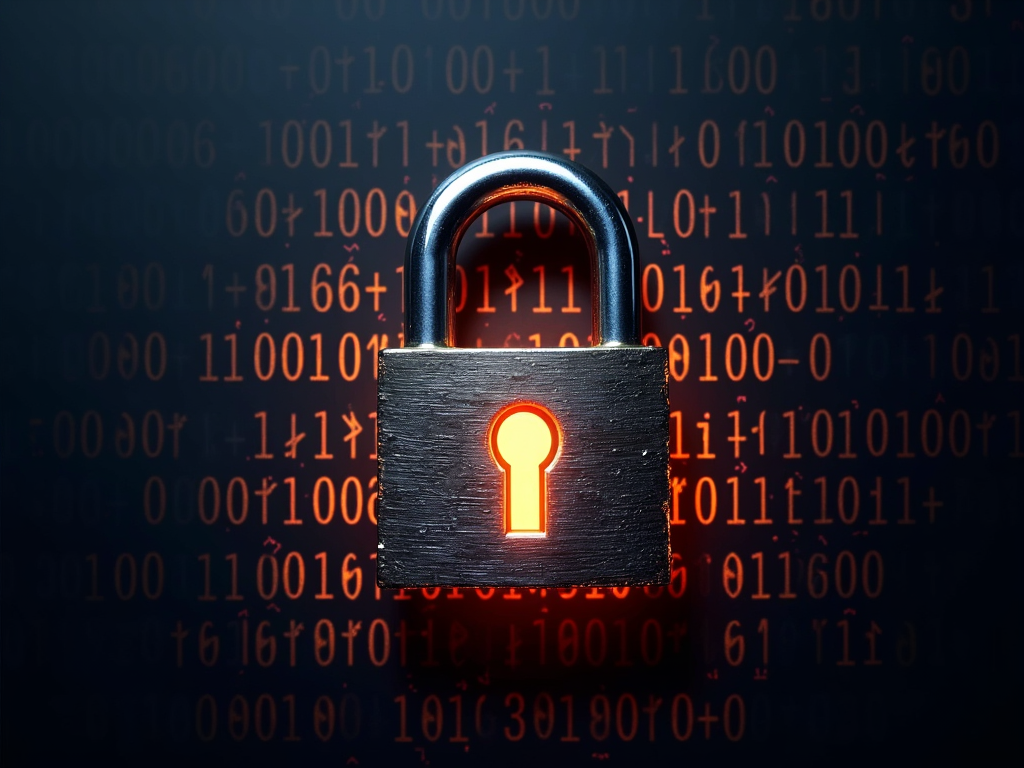
Why Encryption Matters for Online Privacy
When you send something online—like an email or a payment—it travels across the internet. Without protection, anyone could grab it. Encryption stops this. It makes your data unreadable to outsiders, even if they intercept it. This is huge for keeping personal stuff like bank details or private chats safe.
I learned this the hard way. Years ago, a hacker got into my email. They read my messages and even found some financial info. It was a mess. After that, I started using encrypted email services. It’s a simple step that makes a big difference.
Two Main Types of Encryption
Encryption comes in two flavors:
- Symmetric Encryption: One key locks and unlocks the data. It’s fast, but you have to share the key safely.
- Asymmetric Encryption: Uses two keys—a public one to lock and a private one to unlock. It’s great for sending data over the internet securely.
Both types help protect your online privacy. Asymmetric is common for things like secure websites because it doesn’t need a shared secret.
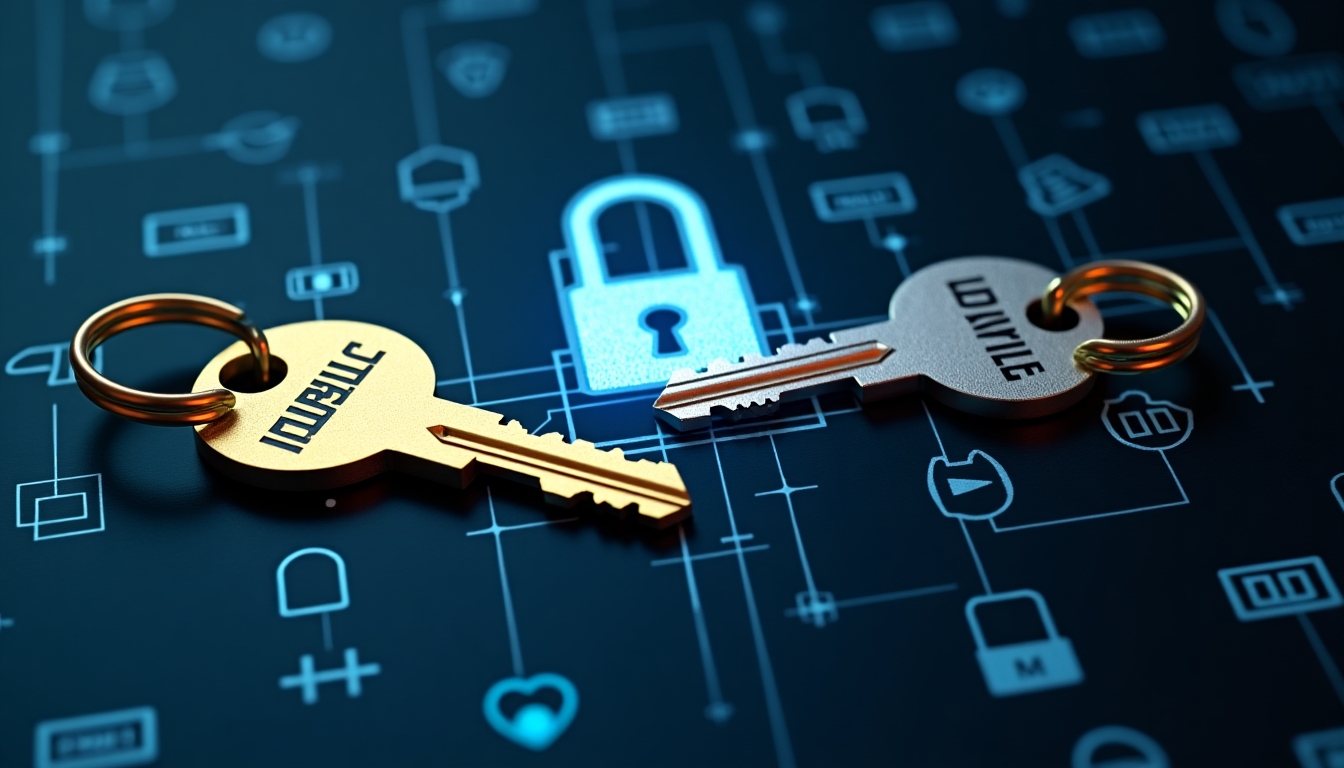
BitLocker vs FileVault: Which Encryption Is Stronger?
BitLocker and FileVault are tools that lock up your entire computer drive. They’re both strong, but they work differently.
| Feature | BitLocker (Windows) | FileVault (Mac) |
|---|---|---|
| Encryption Type | AES-256 | AES-256 |
| Ease of Use | More setup steps | Simple, built into macOS |
| Extras | Encrypts USB drives too | Focuses on main drive |
BitLocker, on Windows, can protect removable drives—like USB sticks—along with your main disk. FileVault, on Macs, is super easy to turn on and works smoothly with the system. Both use AES-256, a top-level encryption standard, so neither is 'weaker.' It’s about what fits your needs. I’ve used BitLocker for work files on a USB—it’s handy when you’re on the go.
Other Online Privacy Tools Using Encryption
Encryption isn’t just for drives. It powers other tools that guard your online privacy:
- VPNs: These hide your internet activity by encrypting it. Great for public Wi-Fi.
- Messaging Apps: Apps like Signal encrypt chats so only you and the receiver can see them.
- Secure Email: Services like ProtonMail lock your emails with encryption.
These tools are must-haves. I use a VPN every time I’m at a coffee shop—it’s like an invisibility cloak for my data.
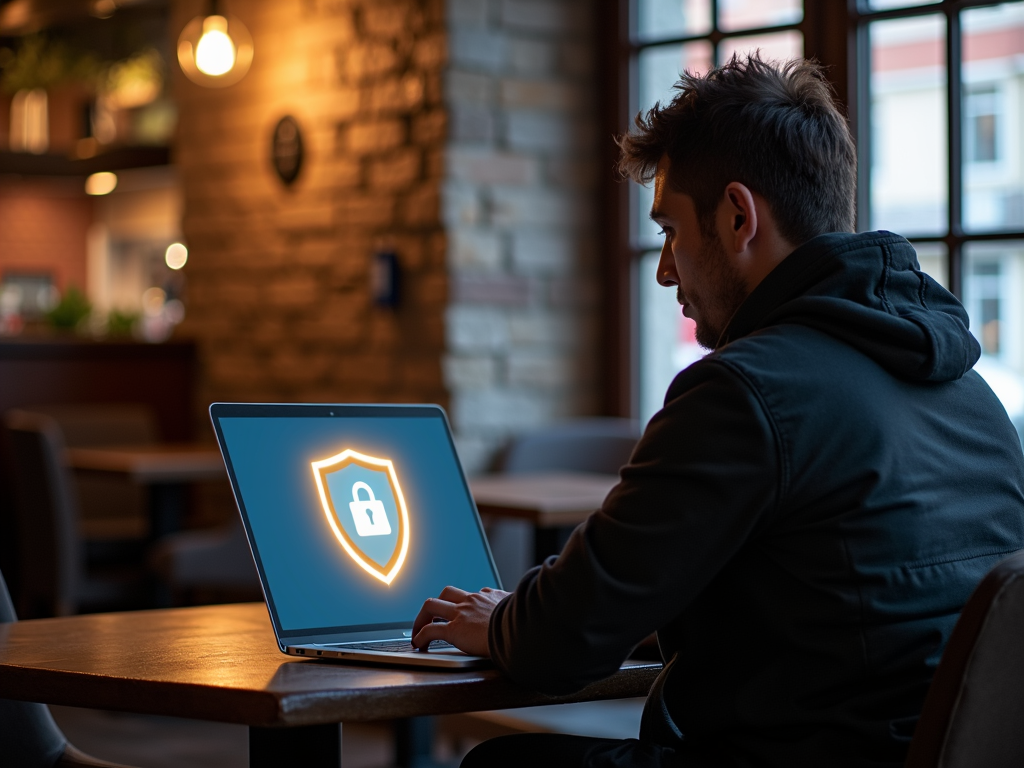
How Encryption Keeps Your Data Safe
Here’s the process in simple steps:
- Scrambling: Your data—like a message—gets turned into gibberish using a key.
- Traveling: The gibberish moves across the internet or sits on your device.
- Unscrambling: The right key turns it back into something readable.
Without that key, it’s useless to anyone else. This is why encryption is key to online privacy—it’s your shield against snoopers.
Everyday Example: HTTPS Websites
Ever notice 'https' in a website’s address? That ‘s’ means it’s secure with encryption, often via SSL/TLS. It protects stuff like your login info when you bank online. The Electronic Frontier Foundation says HTTPS is a basic privacy must-have. Next time you shop online, check for that little lock icon—it’s encryption at work.
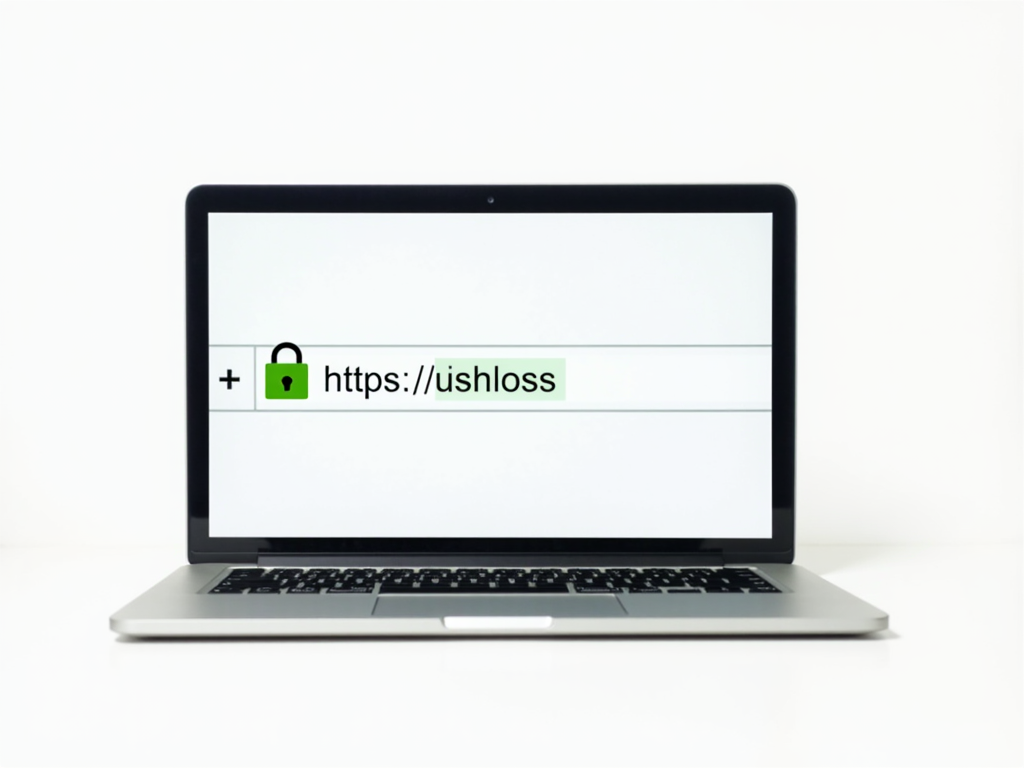
Encryption’s Challenges
Encryption isn’t perfect. Here are some hurdles:
- Key Safety: Lose your key or let it leak, and your data’s at risk.
- Speed: It can slow things down a bit, especially on old devices.
- Rules: Some places limit how strong your encryption can be.
Still, these are small prices to pay. The National Institute of Standards and Technology backs strong encryption as a privacy cornerstone, despite these issues.
Tips to Use Encryption Well
Want to boost your online privacy? Try these:
- Pick Strong Passwords: Mix letters, numbers, and symbols. Skip easy words like 'password.'
- Add Two-Factor Authentication: Use a code from your phone along with your password.
- Update Software: New versions fix weak spots in encryption tools.
- Use a VPN on Public Wi-Fi: It encrypts everything you do online.
I started doing these after my email scare. They’re easy habits that keep your data locked tight.
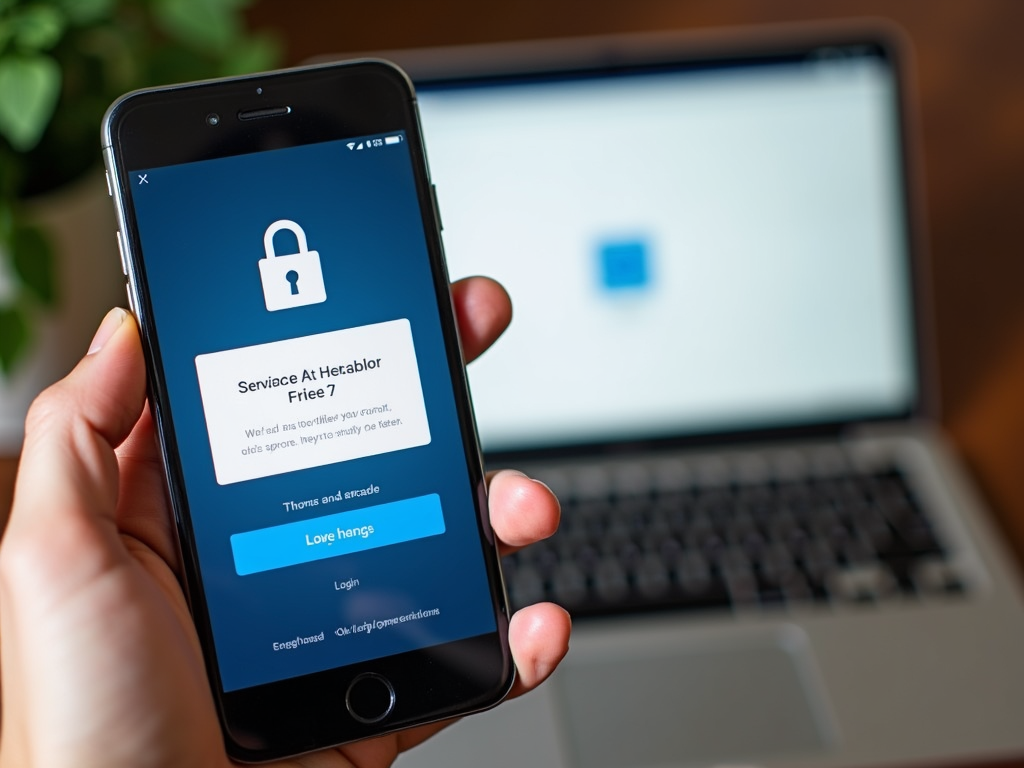
Wrapping Up
Encryption is your best friend for online privacy. It locks your data away from hackers and snoopers, whether you’re chatting, shopping, or storing files. Tools like BitLocker, FileVault, VPNs, and secure messaging apps all rely on it. By using encryption smartly, you take control of your digital safety. Check out the readings below for more ways to stay secure.